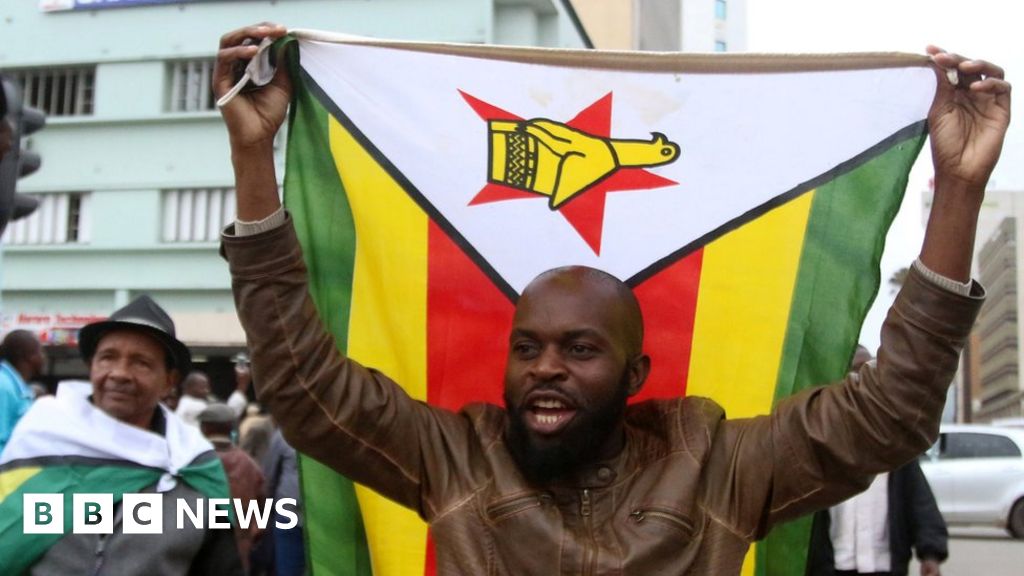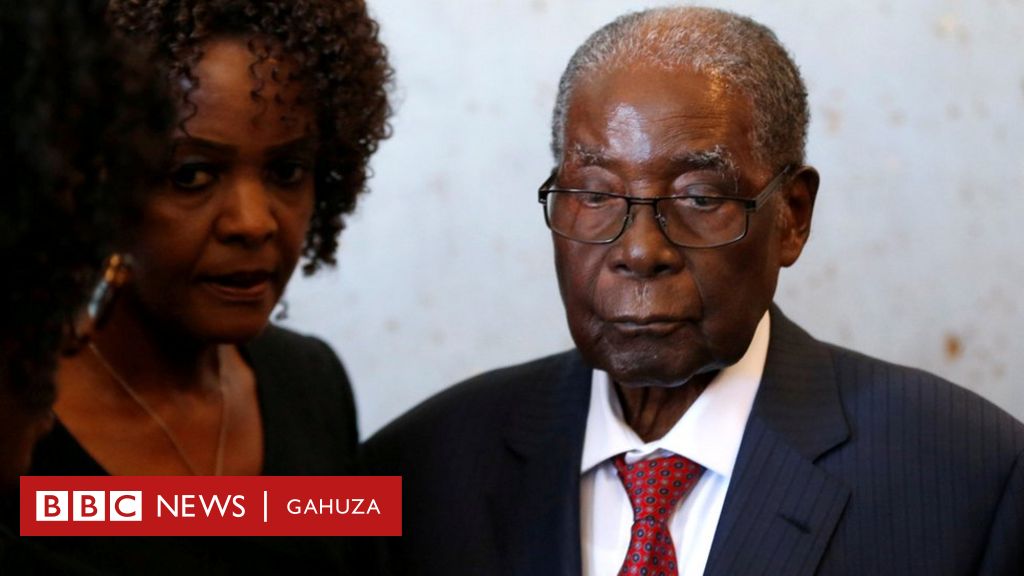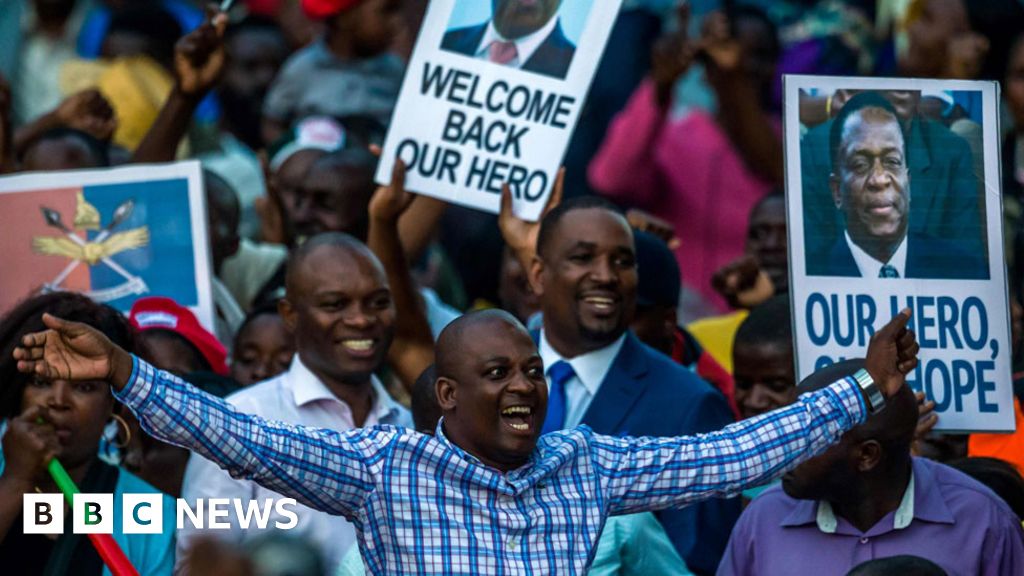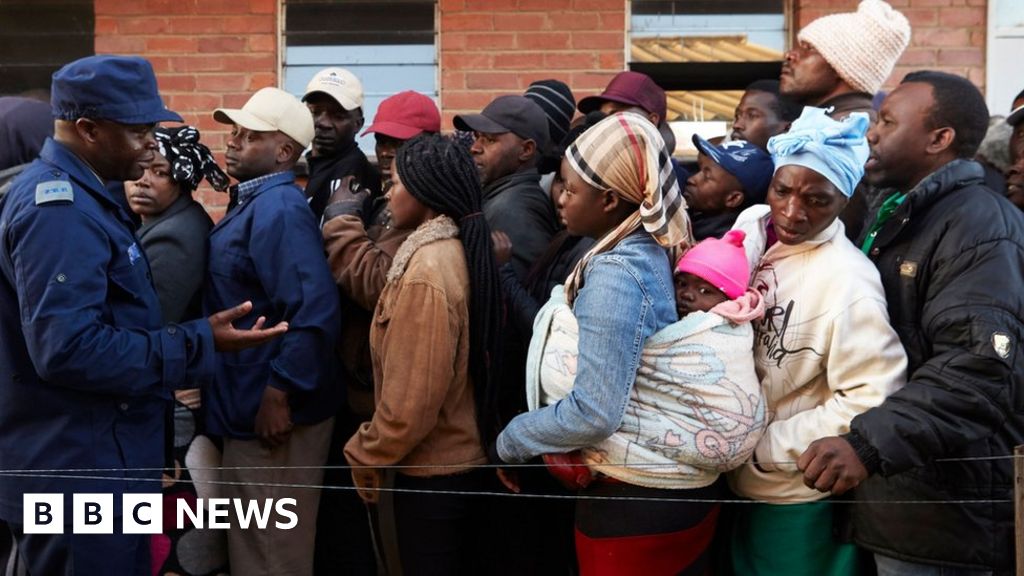

Īccording to skeptic Brian Dunning the fireball “had been the re-entry of the Zenit-2 rocket from the Cosmos 2290 satellite launch. Although some witnesses interpreted the fireball as a comet or meteor, it resulted in a wave of UFO mania in Zimbabwe at the time. Many people answered ZBC Radio's request to call-in and describe what they had seen. There had been numerous reports of a bright fireball passing through the sky at night. Two days prior to the incident at Ariel there had been a number of UFO sightings throughout southern Africa. Most of the pupils were from wealthy white families in Harare. Īriel School was an expensive private school. At the time of the incident, it was not a town but only a local place-name, “little more than a crossroads in an agricultural region”. The Kenyan Supreme Court annulled the last election - it might have to make another big decision in a few weeks.Ruwa is a small agricultural centre located 22 km south-east of the capital Harare.

The leaders of Zimbabwe, Ethiopia and Somalia have congratulated Mr Ruto.Īnalysts believe that Mr Odinga is likely to challenge the result. Mr Ruto's win is rightly the focus of Kenya's 2022 election, but equal attention should be given to the electoral commission which came into this poll with a terrible track record, but its decision to post results from the more than 46,000 polling stations on its website - accessible to anyone who wanted to do their own tally - allowed the media and the public to be part of the process. He also framed the election as a time for generational change, selling his message using pithy and relatable slogans, which lent him credibility and appeal across several communities.


The Supreme Court eventually ruled the move unconstitutional, buoying Mr Ruto's campaign. His political stock rose when he opposed an unpopular and costly year-long push by Mr Kenyatta and Mr Odinga to change the constitution at a time many Kenyans were suffering, including losing jobs, following the protracted impact of the Covid-19 pandemic. "I may be the son of a nobody but I promise to make Kenya the country of everybody," he said in his pitch to voters. Several opinion polls, which Mr Ruto had dismissed as fake, predicted his rival would win.Īs the deputy president for the last 10 years he was, by default, an establishment candidate but he ran as an outsider, framing the election as between "hustlers" - poor Kenyans - and "dynasties" - influential families like the Kenyattas and Odingas who have been big players in the country's politics since independence. Mr Odinga had the backing of the state machinery. In a country fond of political metaphors, Mr Ruto's stunning victory is akin to his party's modest symbol, the wheelbarrow, running a seven-tonne tractor off the road. Kenya's history of disputed elections in the past have led to violence or the whole process election being cancelled.įollowing the 2007 vote, at least 1,200 people were killed and 600,000 fled their homes following claims of a stolen election. Supporters of Mr Odinga have staged protests in the western city of Kisumu and some parts of Nairobi.īut generally there's a sense of relief that the result has finally been declared because the country had ground into a halt since election day on 9 August, economic activities had stalled and schools remain closed. We do not have the luxury to look back," he added.Ĭelebrations have broken out in several parts of the country, including in Mr Ruto's strongholds of the Rift Valley, and that of his deputy Rigathi Gachagua, in the Central region. "To those who have done many things against us, I want to tell them there's nothing to fear.


 0 kommentar(er)
0 kommentar(er)
